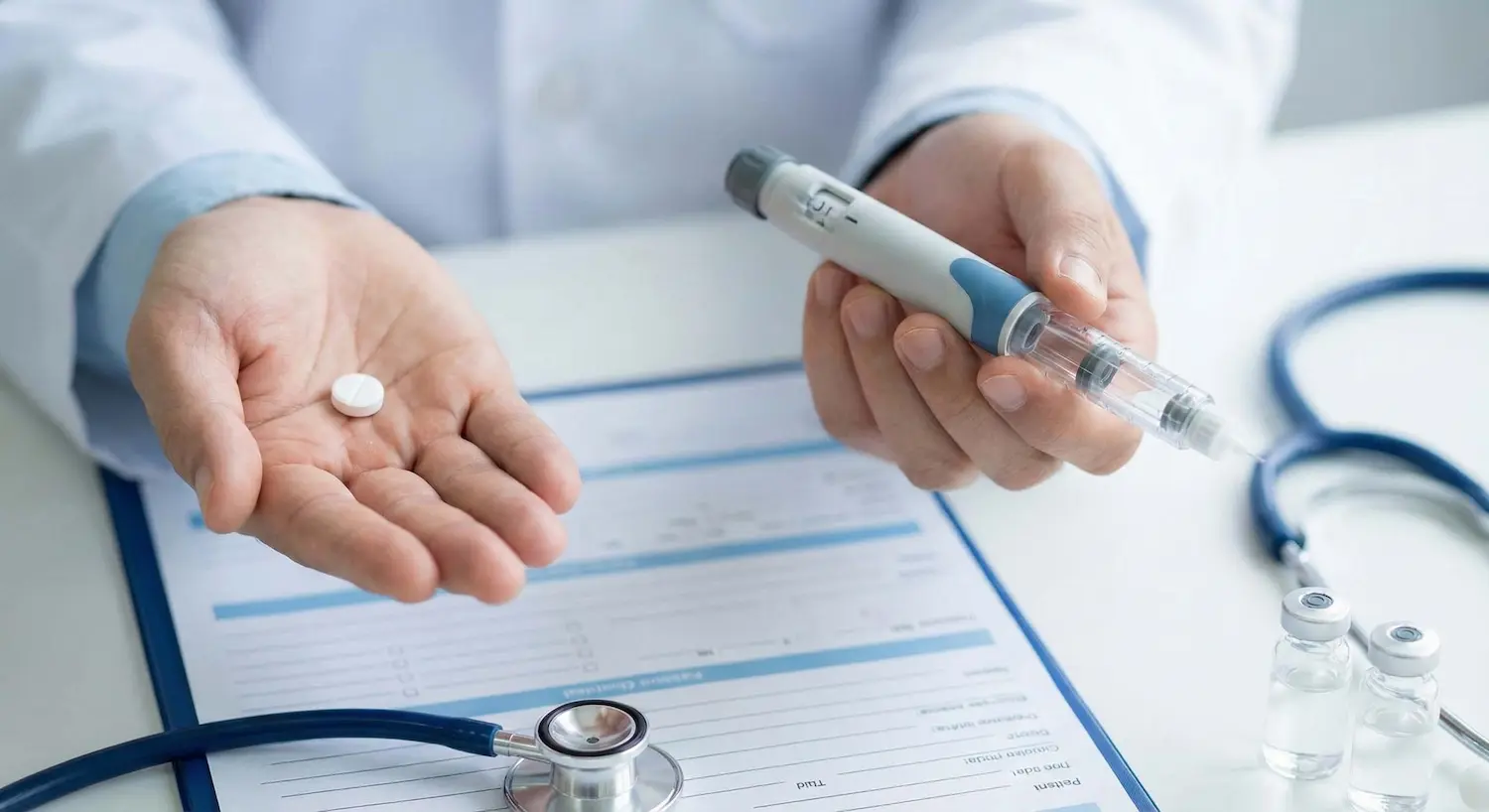
If you’ve been diagnosed with Primary Sclerosing Cholangitis (PSC) or Primary Biliary Cholangitis (PBC), you probably have many questions. You may feel overwhelmed, uncertain about what’s next, or even scared. That’s completely understandable. These are rare, chronic liver diseases, and not many people—even within the medical community—fully understand them.
But you should know that you are not alone, and there is a way forward.
In this blog, we aim to help you understand what’s happening in your body, what you can do to manage your condition, and how you and your caregiver can work together to keep you feeling as well as possible. We’ll also share practical ways to cope—physically and emotionally—so that you can take control of your health with confidence.
When you hear the term “rare liver disease,” you might feel confused, worried, or even a bit lost. Knowing more about PSC and PBC can help you gain control over your health and ease some of the anxiety that comes with an unfamiliar diagnosis. Both PSC and PBC affect the bile ducts in your liver, but they do so in different ways and can lead to distinct challenges and complications.
Risk factors for both conditions include sex, environmental factors and genetics. PSC and PBC diagnosis usually involves blood tests, including alkaline phosphatase levels, imaging, and sometimes a liver biopsy to assess damage.

There’s no cure for both conditions yet, but there are ways to manage symptoms and slow progression.
For PBC, doctors often prescribe ursodeoxycholic acid (UDCA). This medication helps bile flow better and reduces liver damage. It works well for many people, but some may need additional treatments. New drugs, like obeticholic acid, are being tested in clinical research studies to see if they can help where UDCA isn’t enough.
PSC is trickier because no medication stops or reverses the disease. Treatment focuses on managing symptoms and preventing complications. Some people may take bile acid medications to ease itching or antibiotics to treat infections in the bile ducts. If PSC leads to portal hypertension, doctors may suggest procedures to relieve pressure. In advanced cases, a liver transplant becomes an option.
It’s not easy living with a condition that has no cure. Some days, you feel fine. Other days, fatigue, discomfort, or frustration takes over. It’s hard to explain to people who haven’t been through it. That’s why having support matters.
Friends and family care, but they don’t always understand what it’s like to wait on blood test results or manage constant fatigue. A support group connects you with people who do. You can share experiences, ask questions, and get advice from others facing the same challenges. Just knowing you’re not alone makes a big difference.
Support groups aren’t just for emotional support. They’re full of people who have been where you are. Need a doctor's recommendation? Looking for ways to ease symptoms or drug side effects? Trying to explain your condition to your employer? Someone in the group has been there and can offer real advice.
Support groups also connect you to the latest information. Many work with researchers to answer specific research questions about PSC and PBC. You can learn about the latest research and ways to access them through these groups.
Stress messes with your mood and takes a toll on your body, too. When you’re dealing with PSC or PBC, the last thing you need is extra inflammation, making things worse. You can’t avoid stress altogether, but you can find ways to keep it from running the show.
When everything feels overwhelming, take a few deep breaths. Slow, steady breathing calms your nervous system and allows your body to reset. Moving your body also helps, even if it’s just a short walk or gentle stretching. It keeps your circulation flowing and can help with fatigue.Additionally, sleep is crucial. When your body works harder because of liver damage, pushing through exhaustion only worsens things. Rest when you need to—this isn’t about being lazy; it’s about staying strong.

You know yourself best. Maybe music helps you relax. Maybe you find comfort in reading, spending time outside, or sitting quietly with a pet. Stress piles up when there’s no break, so finding small moments of peace throughout the day makes a real difference. Even five minutes of quiet time can help reset your mind and body.
What you eat matters. Your liver works hard daily, and it’s already under extra strain with PSC or PBC. The right foods help support your liver, keep your energy steady, and prevent further damage.
Some foods make things harder on your liver.
Some foods help your liver function better and keep your body strong.
If you also have ulcerative colitis, some high-fiber foods may trigger symptoms. Pay attention to how your body reacts and adjust as needed. A doctor or dietitian can help you find the best balance for your liver and gut health.
PSC and PBC aren’t common, so not every doctor knows how to treat them properly. You need a hepatologist—a liver specialist—who understands what to look for and how to manage your condition. An experienced hepatologist will monitor your liver health closely, manage symptoms and complications, adjust treatment plans as needed, and discuss liver transplant options if necessary. They may also point you to clinical research studies that could open new doors for treatment.
One current study through Science 37 is testing a medication called volixibat to see if it can help with one of the most frustrating symptoms of PSC and PBC—chronic itching. Your hepatologist will know if you qualify for a study like this and whether it fits you well.Having the right specialist in your corner makes all the difference. They help you stay ahead of the disease, adjust your care as needed, and ensure you have access to every possible option for the best quality of life.


